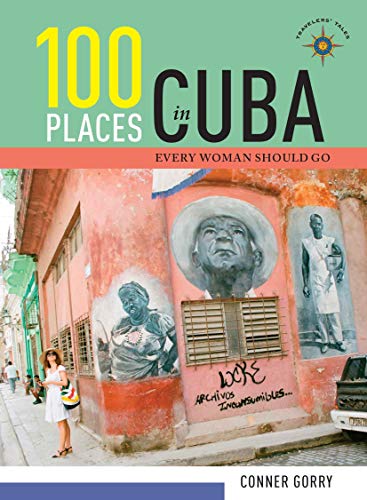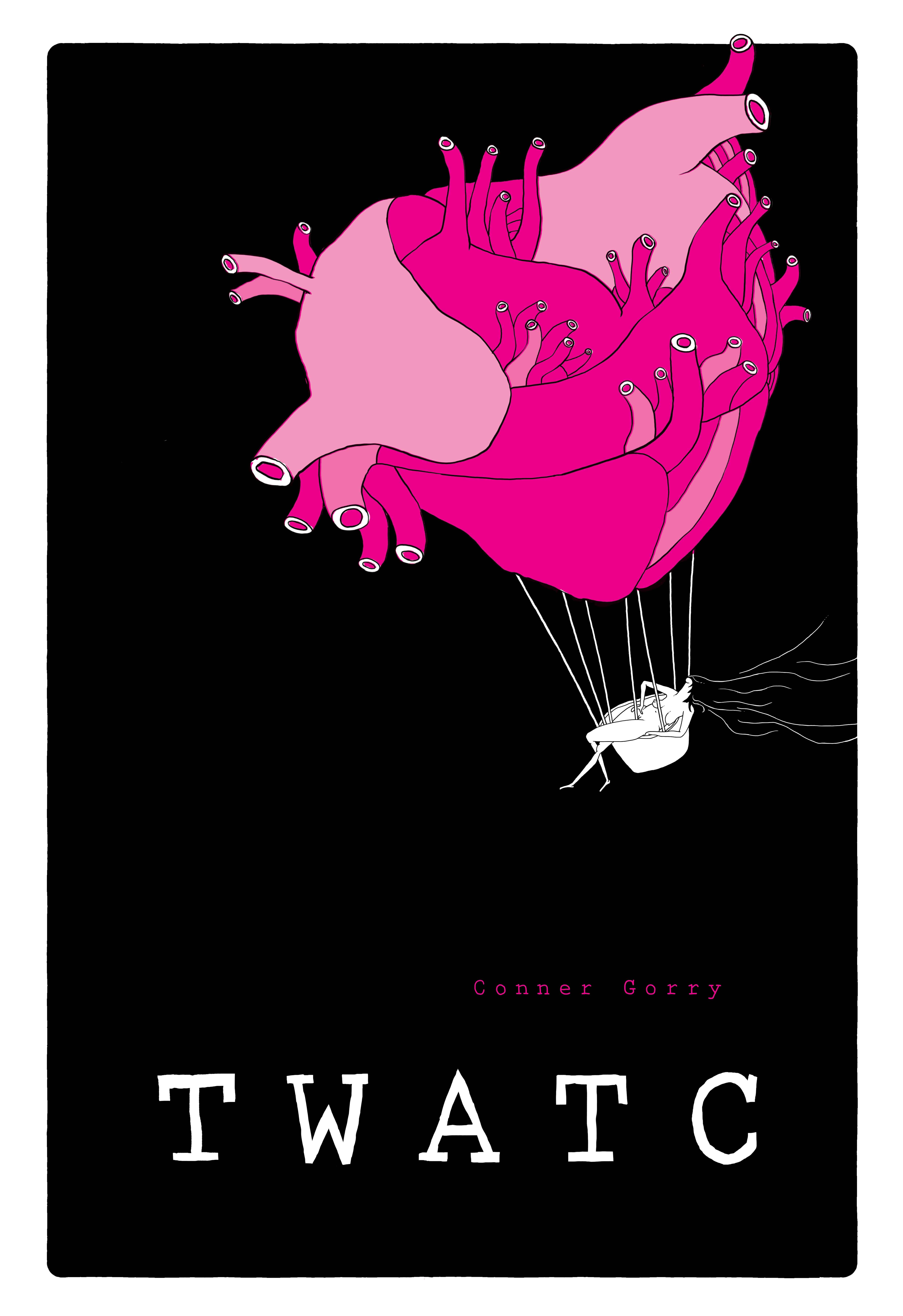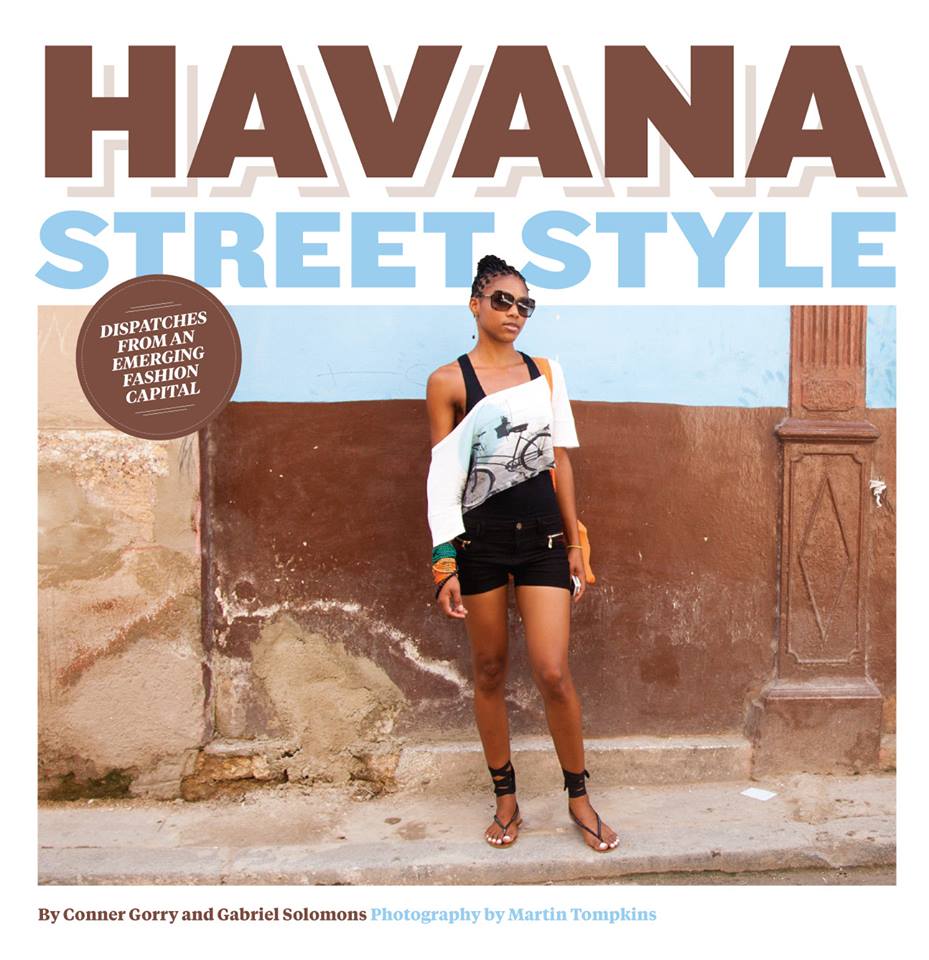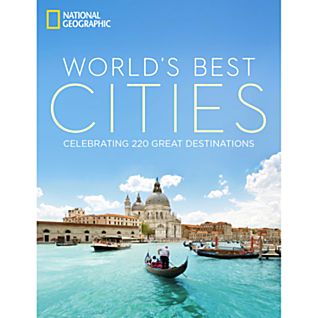I’ve always had an inkling, but now I know up close and personally why people shun and malign journalists. This new knowledge is particularly ironic given the fact that I’ve been a full-time, accredited journalist here in my adopted home for more than 15 years. I would say my recent experience was also particularly instructive if it hadn’t been so damaging – I have to douse smoldering fires before I can fully learn the lesson provided by recent events.
_____
One Cuba Libro phenomenon (among many!) which taxes our team and especially me personally, is the random, drop-in journalist. Normally, these are foreign correspondents, some with exceptional, deep experience around the world, in war zones even, who come to me in a panic, behind schedule, deadline looming, fairly pleading with me to provide story ideas, contacts, leads and the like. More often than not, they don’t speak Spanish, further complicating matters. Always they underestimate the difficulties of reporting from Cuba. They may or may not have the proper visa. These types of unexpected visitors spike when there’s a major news story like Fidel’s illness/death; a papal visit; or constitutional referendums (happening right now, as I write this).
A flood of such reporters descended upon us when the normalization process with the US was announced in December 2014, followed by the Obama visit a few months later. To the drop-ins must be added the phone calls, emails and Facebook messages I receive requesting contacts and/or interviews with me. It saps too much time and energy truth be told.
To handle this efficiently and with a modicum of aplomb, I’ve developed filters and a triage system for these folks. The ones without journalist visas make it easy – I don’t talk to them. They’re breaking local laws. Those with an axe to grind also don’t make the cut (I’m still quite old school, believing in objectivity, accuracy and the Fourth Estate when it comes to reporting. How antiquated, right?), nor those who haven’t properly prepared. That leaves those who have the authorization, a clear idea of their angle, and the maturity and organization/preparation to warrant my help. Sounds haughty, I know, but I’ve clocked a decade and a half of in-the-trenches experience – I’m not giving that away free to just anyone.
Then there are the Cuban journalists…
The filters still apply to them but I must admit I have a soft spot for the young cub reporters with bright ideas and insatiable drive. Everyone needs a hand when starting out and unless they’re really off the rails or egregiously misrepresenting reality (including by omission), I will sit down and talk to them.
Which brings me to the subject of this post.
It wasn’t the first interview I granted to El Toque. Staffed by young Cuban journalists, this is a locally-produced, non-state news site. It has its flaws. And it’s on a learning curve. A steep one. But when they approached me to talk about Cuba Libro’s green initiatives for a series on the environment they were publishing, I was game. Encouraged even – Cuba has made strides in environmental protection since I moved here, though I see egregious digressions every day still. If you’ve been here, you’ve seen them too. So I sat down with fulana (Cuban for Jane Doe – I honestly don’t know her name) and gave her an overview of our policies and practices promoting environmental protection.
I never saw the resulting article. Along with thousands of Cubans, my internet connection is via 28.8 dial up. I don’t have the time (or inclination) to spend an hour accessing everything written about me, my writing, or Cuba Libro.
My bad.
When fulana crossed our threshold last month requesting an interview about the new regulations for private business here, I acceded. I spent an hour talking to her about how we’ll comply and how it’s likely to affect our business model.
This time I didn’t need to tax my paltry dial-up looking for the article.
“The Cuba Libros Literary Café [sic] (at least its essence) will disappear on December 7, 2018, when a “series” of new regulations for private business owners come into effect.”
This was the lede, mind you. The piece, published in Spanish, picked up by other outlets and translated into English, went viral. I was bombarded by messages, Facebook queries, phone calls and walk-ins lamenting our closure.
The “journalist” (yes, the quotes are necessary) or editors cut everything I said about long, official meetings to figure out how to remain true and legal to our mission. She cut the explanation about exploring alternatives with the Ministry of Culture and related entities to keep offering superior coffee and English-language literature – what Cuba Libro has been doing since 2013. She failed to mention our community-building and robust, free cultural programming and how we intended to not just maintain it, but grow it. Nor did she include our donation programs, our free condom initiative (17,000+ given away to date), or our ethically- and socially-responsible philosophy which includes profit sharing and collective decision making. She did, however, include a damning quote from a supposed regular who opined that without books, Cuba Libro would be just another generic cafe. No one who works at or frequents the cafe recognized the guy quoted and calling him a regular? Puhlease: all our regulars know about our social mission because they are participants – joining us on our periodic volunteer days, taking advantage of our free English classes, spontaneously planting trees and donating plants as part of our environmental stewardship, or receiving donations of pre-natal vitamins, menstrual cups or cold and flu medicine.
It was impossible for me to contain the damage while the article was posted and re-posted across the World Wide Web in both languages. My internet is too slow, my real work too pressing. Nevertheless, little by little I responded to emails questioning the impending closure of Cuba Libro. Again, I employed triage, posting a response on the most trafficked websites. I clarified the situation on our Facebook page. But weeks on, we’re still experiencing the adverse effects. Our book donations have slowed to a trickle. A customer came in the other day and in a disrespectful manner not uncommon to men (mostly) of a certain age from the developed north, ranted at me, asking me offensive, invasive questions about the economics of Cuba Libro, about why we were closing, about my origins, about my personal life.
“Are you a LESBIAN?!” he fairly shouted, standing so close I could see his nose hair needed a good trimming.
“Are you bi-polar?!” I should have responded, but didn’t, instead opting to hold my tongue.
He interrupted the documentary being filmed in the living room, ignoring our whispered requests to maintain his distance. He was so insistent and disruptive that the person being interviewed had to shoo him away. He got on my last nerve, that guy.
But apparently, there was more in store. At 6pm, on my birthday, mind you, a call came in with a 305 area code. Florida. My biological father (or as my friend Peter says of his: The Sperm Donor) lives in that hell state. It crossed my mind that it might be him, but unlikely – I can’t remember the last time he recognized my birthday. But no, it was worse: a journalist from Radio Martí wanting comments about the new private enterprise regulations. Where did she get my cell phone number I wonder? Fucking El Toque, probably. I wished her a good day and hung up.
In case there remains any doubt: Cuba Libro is neither closing nor getting rid of our wonderful books. See you there one day soon.











